In a move with significant political and economic implications, Egyptian President Abdel Fattah El-Sisi embarked on an official visit to Ankara Sept. 4, 2024. This highly anticipated visit comes months after Turkish President Recep Tayyip Erdogan's visit to Egypt earlier this year and his invitation to President El-Sisi to Ankara. The current visit, considered a turning point in Egyptian-Turkish relations, aims to strengthen bilateral cooperation and open new avenues for coordination on regional and international issues. After a decade of tension and estrangement in the relations between Egypt and Turkey.
The Egyptian President's visit to Turkey is of special importance, as it is the culmination of a long phase of discussions aimed at restoring relations between Egypt and Turkey to their normal course. The rounds of talks and meetings concluded with Erdogan's visit to Cairo last February, which witnessed the announcement of the revival of the High-Level Strategic Cooperation Council for relations between the two countries in its new form, where both leaders co-chair the first meeting of the Council. The meeting also involved a comprehensive review of the Egyptian-Turkish bilateral relations and discussions on potential steps to further enhance the Egyptian-Turkish cooperation.
This analysis highlights the motivations of this visit and its implications on regional and Turkish politics.
Why Now?
The visit comes at a critical time when conflicts in the region are escalating and pointing to the possibility of a regional war. The increasingly difficult economic and political environment in the region has pushed Ankara and Cairo closer together, realizing that cooperation, rather than conflict, may better serve their national interests. Erdogan’s visit to Egypt and Sisi’s visit to Turkey were influenced by the historical context in which the visits took place, namely the ongoing Israel-Hamas War without reaching a permanent and sustainable ceasefire agreement in the Strip, in addition to the illegal Israeli practices in the West Bank including East Jerusalem, the condemnation of Israeli settlement activities, settler violence, as well as the related escalatory and provocative statements and Israeli military incursions into Palestinian cities, in an attempt to erase the features and identity of the West Bank. In addition to the subsequent military escalation in the Middle East, especially after the assassination of Ismail Haniyeh and the situation in Lebanon being on the brink of war. In light of this ongoing conflict, the two leaders criticized the Israeli presence in Rafah and issued calls for an immediate ceasefire. Moreover, both countries are concerned about the instability in Libya, despite their support for the opposing sides. However, the two countries also expressed their “willingness to de-escalate tensions,” especially with the escalating threats posed by the presence of Syrian militias on Libyan territory, the possibility of a return to unrest in Libya, and the deterioration of the situation in Sudan, which has led to devastating humanitarian consequences across Sudan and the region without reaching a peaceful solution that preserves the unity of the Sudanese ranks.
The Egyptian and Turkish sides share several common denominators that aim to create a favourable environment to end the conflict and to harmonize interests between them. The moves of Cairo and Ankara also seemed to be in line with Mogadishu, as Turkey and Somalia had previously signed a defence agreement on February 20, 2024 for a full decade allowing the Turkish army to protect the coasts of Somalia, in exchange for exploiting agreed-upon percentage of the wealth of the longest Somali coast in the African continent, which aims to prevent Ethiopia from reaching the Red Sea through Somaliland.
Also, the visits of Somali President Hassan Sheikh Mohamud to Cairo Jan. 20, 2024, and on Aug. 14, 2024, where many agreements were signed during the last visit, including the opening of the new headquarters of the Cairo embassy in Mogadishu, and the launch of a direct flight line between them, while the most important of them was the signing of a protocol for military cooperation. This was consistent with the statements of Turkish Foreign Minister Hakan Fidan, during his visit to Cairo and his meeting with the new Foreign Minister Badr Abdel Aati in early August 2024 where he stressed Egypt and Turkey’s commitment to the territorial integrity of Somalia.
Bilaterally, Egypt and Turkey are making efforts to strengthen their cooperation in various fields, including security, energy, and trade. The normalization is expected to open up new avenues for economic partnerships and investments, with the goal of increasing bilateral trade from $10 billion to $15 billion within the next five years. Moreover, reestablishing relations with Turkey could benefit Egypt by boosting its economy and enhancing its military capabilities through cooperation in advanced defence technology.
Symbolism of the visit
President Sisi’s visit carries several important messages. Due to its context and implications, as it represents a return of relations to the approach known in diplomatic norms. Its importance can be highlighted as follows:
- This visit underscores the two countries’ capacity to leverage presidential diplomacy, the pinnacle of political dialogue and strategic decision-making. This follows a period marked by significant strain and heated rhetoric in bilateral relations. The gradual shift toward mending ties, moving away from ideological conflicts and personal animosities, reflects political maturity and aims to foster trust and understanding on contentious matters. Ankara recognized this early on, opting to avoid escalation and reactive measures to preserve the potential for normalized relations, embodying the principle that yesterday’s enemy might be today’s friend.
- This visit marks a new chapter in the Turkish-Egyptian rapprochement, gaining momentum after Erdogan’s February visit to Cairo. It represents a significant milestone in diplomatic relations driven by “leaders’ diplomacy” that began with the reconciliation process following a period of political and ideological discord. It confirms that the normalization of relations has reached its peak. Furthermore, it marks the beginning of a promising phase in bilateral relations highlighted by the first meeting of the Strategic Cooperation and Coordination Council between Egypt and Turkey, which set the course for future cooperation in various fields and it was clear on the closing statement.
- The visit also has a significant geopolitical dimension. As two major players in the Middle East, Egypt and Turkey play crucial roles in many international issues, the visit enhances the role of Cairo and Ankara in shaping the future of the Middle East region. The visit underscores their desire to enhance cooperation and coordination to address regional challenges, promote stability, and strengthen their regional and international standing.
- The current thaw in Egyptian-Turkish relations cannot be understood in isolation from the shift in Turkish foreign policy, which was evident in regional reconciliations with Saudi Arabia, the UAE, and Israel (before the Israel-Hamas War). This shift reflects the decline of the ideological dimension in favour of pragmatism, and Turkey’s abandonment of support for the Muslim Brotherhood after the failure of its political project in most countries in the region. In addition, Ankara seeks to address the internal repercussions of the “precious isolation” policy, which contributed to the exacerbation of the economic crisis and increased opposition criticism of Erdogan, and may have affected the Justice and Development Party’s chances, especially during the last local elections in March 2024.
Why is Sisi's Visit Important for Erdogan?
Turkey’s recent diplomatic overtures toward Egypt underscore a notable shift in its foreign policy. Over the past two years, Ankara has pursued a “Zero Problems” approach, seeking to de-escalate regional conflicts and foster stability in service of its political, economic, and strategic goals. While this policy was initially embraced by Erdogan and his Justice and Development Party (AKP) upon assuming power, it’s only in recent years – following a period of regional turmoil – that Turkey has actively sought to recalibrate relations with its neighbours and other global players. Turkish Foreign Minister Mevlüt Çavuşoğlu’s historic visit to Cairo in March 2023 highlighted the potential for rapprochement, emphasizing the huge untapped potential for bilateral relations and the need to work even harder to close the nine-year gap.
Internationally, Erdogan faces a complex landscape. Tensions with the United States (U.S.) persist under the Biden administration, which has taken a firmer stance toward Ankara. President Biden’s official recognition of the Armenian genocide—a move long avoided by his predecessors—and the imposition of sanctions on Turkey due to its acquisition of the Russian S-400 missile system have strained relations. Additionally, the ongoing investigation of Turkey’s state bank, Halkbank, by U.S. authorities for alleged sanctions violations related to Iran adds to the complexities.
In the Eastern Mediterranean, Turkey finds itself facing a united front of Egypt, Greece, Cyprus, and Israel. This coalition, formalized through the East Mediterranean Gas Forum, supported by other coastal nations, places Ankara at a strategic disadvantage in its ongoing maritime border disputes with Athens and Nicosia. In response, Turkey’s controversial 2019 agreement with the Tripoli-based Libyan government—redrawing sea borders unilaterally—has further complicated the regional dynamic. While Turkey’s military intervention in Libya achieved some short-term gains, its long-term interests in this volatile nation remain uncertain, highlighting the limitations of relying solely on force in this conflict-ridden region.
These foreign policy challenges are further exacerbated by Turkey’s fragile economic situation. The COVID-19 pandemic has not only deepened existing structural issues in the economy but has also eroded domestic support for the ruling AKP. Erdogan’s pursuit of reconciliation with Egypt is partly motivated by the potential for both international and domestic relief. By demonstrating a willingness to engage in cooperation and compromise, Erdogan aims to present a more conciliatory image to the new U.S. administration.
Erdogan’s current presidential term is considered his last, unless he makes constitutional amendments that allow him to serve additional terms or calls for early elections. Erdogan is looking to build a personal legacy as one of the Turkish leaders who made his country a pivotal state on the global stage and enhanced its regional position. This is what prompted him to activate personal diplomacy and exploit his ability to make dramatic shifts in foreign policy to improve his country’s relations. He is also seeking to save the AKP’s electoral chances during the upcoming electoral rounds.
Expected Implications of the Visit
The enhancement of relationships between Egypt and Turkey is anticipated to have significant implications on MENA politics and Turkish politics. Both countries have the strongest militaries in the Middle East, which means that their cooperation can yield benefits for the whole region.
In Turkey, Turkish enhancement of relations with Egypt can also affect the balance of power between the ruling AKP and the opposition parties led by the Republican People’s Party (CHP). In March 2024, the AKP party lost its first election in about 20 years for the opposition. While this happened in a local election, it indicated that the popularity of the AKP party is at its lowest in 20 years, and the opposition has a real chance to get to office if they succeeded to employ this win to provide better services to citizens, as this may affect people’s political perspectives and push them not to vote for the AKP party. This loss alarmed the AKP party to pay more attention to the policies for which it has been criticized by opposition. For instance, the opposition has always called out for enhancing relations with Egypt, claiming that Egypt is a strategic partner, and always accused Erdogan of employing his personal perspectives leading to the deterioration of Turkey’s foreign relations with neighbouring countries. The CHP party has declared that it will enhance relations with Egypt and Syria once getting to office, and also stated that Turkey must minimize its military operations beyond its borders. By enhancing relations with Egypt, the AKP party is taking one of the opposition’s main cards down. Egypt can also mediate between Turkey and Syria, and this is something Turkey has sought lately and was declined by the Syrian regime due to the presence of Turkish forces in the North of Syria.
On Military and Maritime Cooperation, both countries can develop their military relations further. Lately, Turkey has developed its military infrastructure and manufactured many weapons locally such as Bayraktar TB2 that participated in the wars in Libya, Syria, Iraq, Ukraine, and Karabakh, and showed high efficiency in battles. Turkey is also a supplier of drones to Ethiopia, and this is an advantage Turkey can build on to mediate between Egypt and Ethiopia. On February 2024, Turkey has agreed to supply Egypt with drones that could be used for military purposes, which indicates that the military cooperation between the two countries is better than before.
Turkey has also sought to sign a deal to demarcate its maritime borders with Egypt. At the moment, Turkey is in conflict with Greece and Cyprus over maritime borders in the East of the Mediterranean, which is known for having high reserves of gas. Signing a deal with Egypt would legitimize the Turkish- Libyan deal that was signed in November 2019. Possibility of signing such a deal depends on the degree of normalization between the two countries, as Egypt might be keen to share maritime borders with the European Union’s members, which allows it to export its gas directly to Europe, and not through Turkey as an intermediate, hence maximizing its profits. Moreover, signing a new deal with Turkey may not be compatible with the one Egypt signed with Greece in August 2020, and this is another dilemma Egypt may confront. Turkey also wants to join the East Mediterranean Gas Forum, which is headquarted in Cairo, as this may allow Turkey to coordinate efforts with other countries willing to export gas to Europe.
In Somalia, Turkey has opened the largest military base beyond its borders in Somalia in 2017 to train 10.000 Somali troops. While this base aimed mainly at training the Somali army against the internal security threats, especially those arising from Al-Shabab movement, it also provided Turkey a leverage to expand its influence not only in Somalia but also in the Horn of Africa. In January 2024, Ethiopia signed a deal with Somaliland to lease a port in return for Ethiopian recognition of the self-declared republic of Somaliland. This allows Ethiopia to have access to the Gulf of Aden, hence acquiring the ability to influence the flow of ships crossing through Bab El Mandeb Strait toward the Suez Canal. In response, Somalia signed military and economic agreements with Turkey to get support in securing its territorial water from Ethiopian threats. While the term of this agreement is 10 years, some of its terms have not been disclosed. In late August 2024, Egypt signed a military deal with Somalia to deploy Egyptian Troops as a part of the African Union Support Mission in Somalia. Since Egypt and Turkey have military presence in Somalia, cooperation can be an ideal option to maximize their benefits limiting Ethiopian influence. Moreover, the two countries have mutual interests such as securing the flow of ships in the Gulf of Aden and defeating terrorist groups.
In Gaza, cooperation between Turkey and Egypt is expected to have some implications on the Israel-Hamas War. Both countries agree on the necessity to reach a ceasefire deal immediately and have called upon Israel to stop its offensive in Gaza and West Bank. Turkey also wants to increase its role in Gaza through providing more humanitarian aid and taking a share in the construction process after the end of the War. Cooperation between the two countries can result in exerting more pressure on parties of the conflict to negotiate and conclude a long-term agreement of ceasefire. Turkey expressed its willingness to sign an agreement on Gaza, similar to the Sochi agreement, where Turkey, Egypt, Qatar the U.S. would be guarantors of the agreement. Turkey has also expressed its intention to intervene militarily in Gaza, and such intervention cannot be done without coordination with Egypt.
To conclude, President Sisi’s visit to Ankara marked the end of tensions between Egypt and Turkey due to the latter’s previous support to the Muslim Brotherhood. It also marked a turning point in diplomatic relations between the two countries which had been at loggerheads during a rare period of political and ideological estrangement that lasted nearly a decade.
The improvement in relations between Ankara and Cairo must be understood, at least in part, in light of the broader geopolitical context. Washington’s influence in the Middle East continues to steadily decline as the world becomes more multipolar. As a result, Turkey and Egypt have had no choice but to reassess their foreign policies in their neighbourhood to fill out the gap of the U.S. decline in the region.
Although the Libyan issue remains a point of controversy between Egypt and Turkey, statements issued by the two countries marked the possibility for reaching a mutual understanding that can preserve the interest of the two countries and maintain peace in Libya. There is also a possibility that this may be the beginning of a new era of cooperation between the two countries.
References
Al Jazeera. “War of Words as Erdogan Says Turkey Could Intervene in Israel’s War on Gaza.” Al Jazeera, July 29, 2024. https://www.aljazeera.com/news/2024/7/29/hitler-vs-saddam-war-of-words-as-turkey-threatens-to-enter-israel
Ali Bakir, “Egypt-Turkey Normalization: Ankara’s Perspective,” Atlantic Council, April 12, 2023, accessed September 5, 2024, https://www.atlanticcouncil.org/blogs/menasource/egypt-turkey-normalization-ankaras-perspective/
Altun, Tugba, Busranur Koca, and Sumeyye Dilara Dincer. “Türkiye Proposes Guarantor Formula for Israeli-Palestinian Issue: Turkish Foreign Minister,” October 17, 2023. Accessed September 5, 2024. https://www.aa.com.tr/en/turkiye/turkiye-proposes-guarantor-formula-for-israeli-palestinian-issue-turkish-foreign-minister/3022412.
Borzou Daragahi, “Turkey and Egypt Bury the Hatchet, Marking an End to Emerging Third Axis in the Middle East,” Atlantic Council, March 15, 2024, accessed September 4, 2024, https://www.atlanticcouncil.org/blogs/menasource/turkey-egypt-diplomatic-relations-partnership/
Ezgi Akin, “Egypt’s Sisi to Pay First Visit to Turkey as Ties With Erdogan Warm,” Al-Monitor, August 22, 2024, accessed September 5, 2024, https://www.al-monitor.com/originals/2024/08/egypts-sisi-pay-first-visit-turkey-ties-erdogan-warm
Hani Al-Aasar, “Cautious Normalization: Limits and Prospects of Development in Egypt-Türkiye Relations,” Emirates Policy Center, May 10, 2024, accessed September 5, 2024, https://epc.ae/en/details/scenario/cautious-normalization-limits-prospects-of-development-of-egypt-t-rkiye-relations
Hürcan Aslı Aksoy and Stephan Roll, “A Thaw in Relations Between Egypt and Turkey,” Stiftung Wissenschaft Und Politik (SWP), June 29, 2021, accessed September 4, 2024, https://www.swp-berlin.org/10.18449/2021C39/
İpek, Pınar, and V. Tibet Gür. “Turkey’s Isolation From the Eastern Mediterranean Gas Forum: Ideational Mechanisms and Material Interests in Energy Politics.” Turkish Studies 23, no. 1 (May 16, 2021): 1–30. https://doi.org/10.1080/14683849.2021.1925884
Jazeera, Al. “Turkey Sets up Largest Overseas Army Base in Somalia.” Al Jazeera, October 1, 2017. https://www.aljazeera.com/news/2017/10/1/turkey-sets-up-largest-overseas-army-base-in-somalia
Kasapoglu, By Paul Kirby & Cagil. “Turkish Local Elections: Opposition Stuns Erdogan With Historic Victory,” April 1, 2024. https://www.bbc.com/news/world-europe-68704375
Kbaez. “Turkey Signed Two Major Deals With Somalia. Will It Be Able to Implement Them?” Atlantic Council, June 18, 2024. https://www.atlanticcouncil.org/blogs/turkeysource/turkey-signed-two-major-deals-with-somalia-will-it-be-able-to-implement-them/
Mohamed ELDoh, “Erdogan in Egypt: Strategic Implications for Turkey and Egypt,” Geopolitical Monitor, February 16, 2024, accessed September 4, 2024, https://www.geopoliticalmonitor.com/erdogan-in-egypt-strategic-implications-for-turkey-and-egypt/
Murat Sofuoglu, “What President Sisi’s Ankara Visit Means for Türkiye-Egypt Ties?,” What President Sisi’s Ankara Visit Means for Türkiye-Egypt Ties?, August 29, 2024, accessed September 4, 2024, https://www.trtworld.com/magazine/what-president-sisis-ankara-visit-means-for-turkiye-egypt-ties-18201204
Shahira Amin, “Egypt-Turkey Normalization: Cairo’s Perspective,” Atlantic Council, April 11, 2023, accessed September 5, 2024, https://www.atlanticcouncil.org/blogs/menasource/egypt-turkey-normalization-cairos-perspective/
Wafula, Ian. “Why Ethiopia Is so Alarmed by an Egypt-Somalia Alliance,” August 30, 2024. https://www.bbc.com/news/articles/cvg415vex37o
Yibeltal, By Kalkidan. “Ethiopia Signs Agreement With Somaliland Paving Way to Sea Access,” January 2, 2024. https://www.bbc.com/news/world-africa-67858566




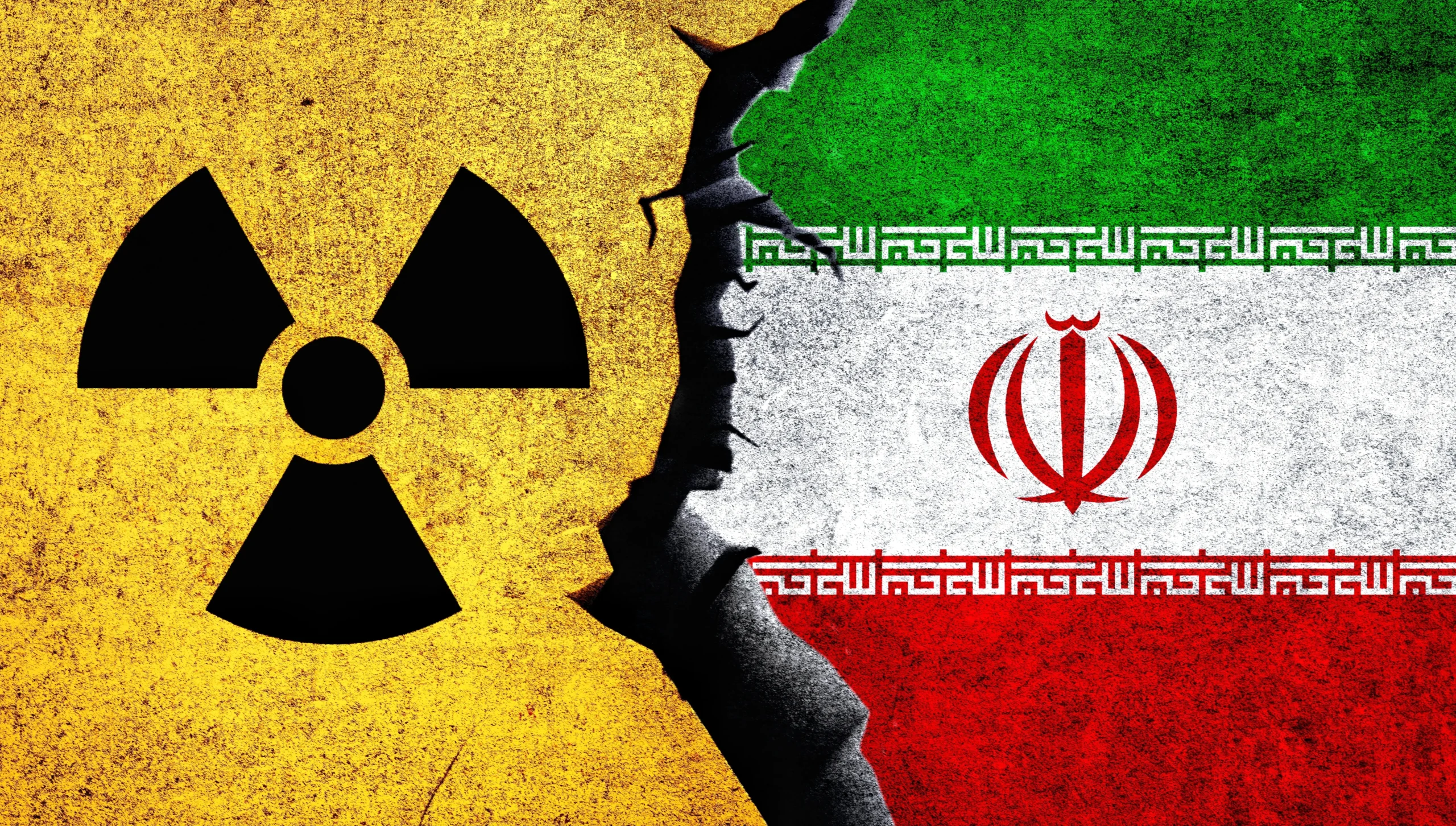



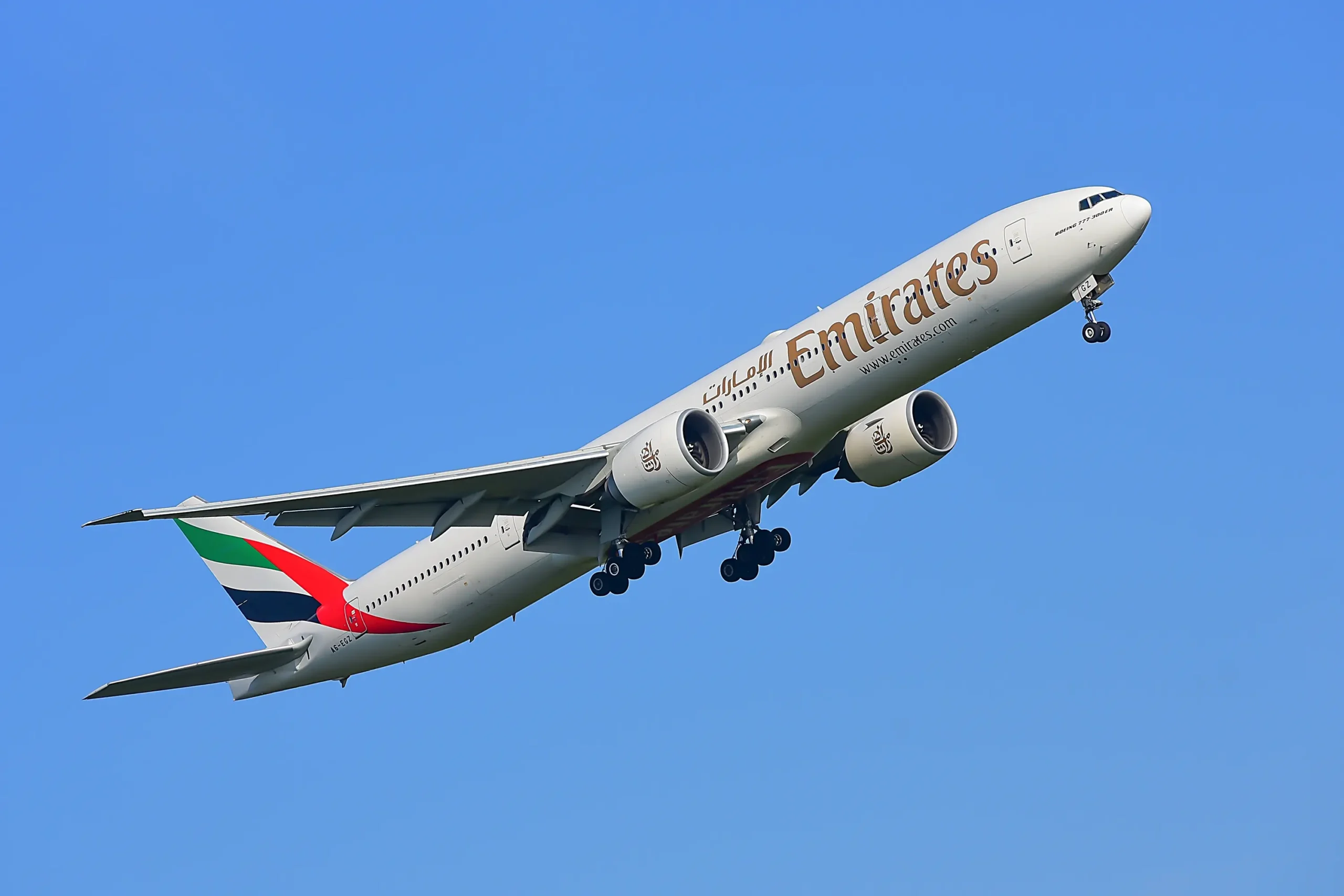
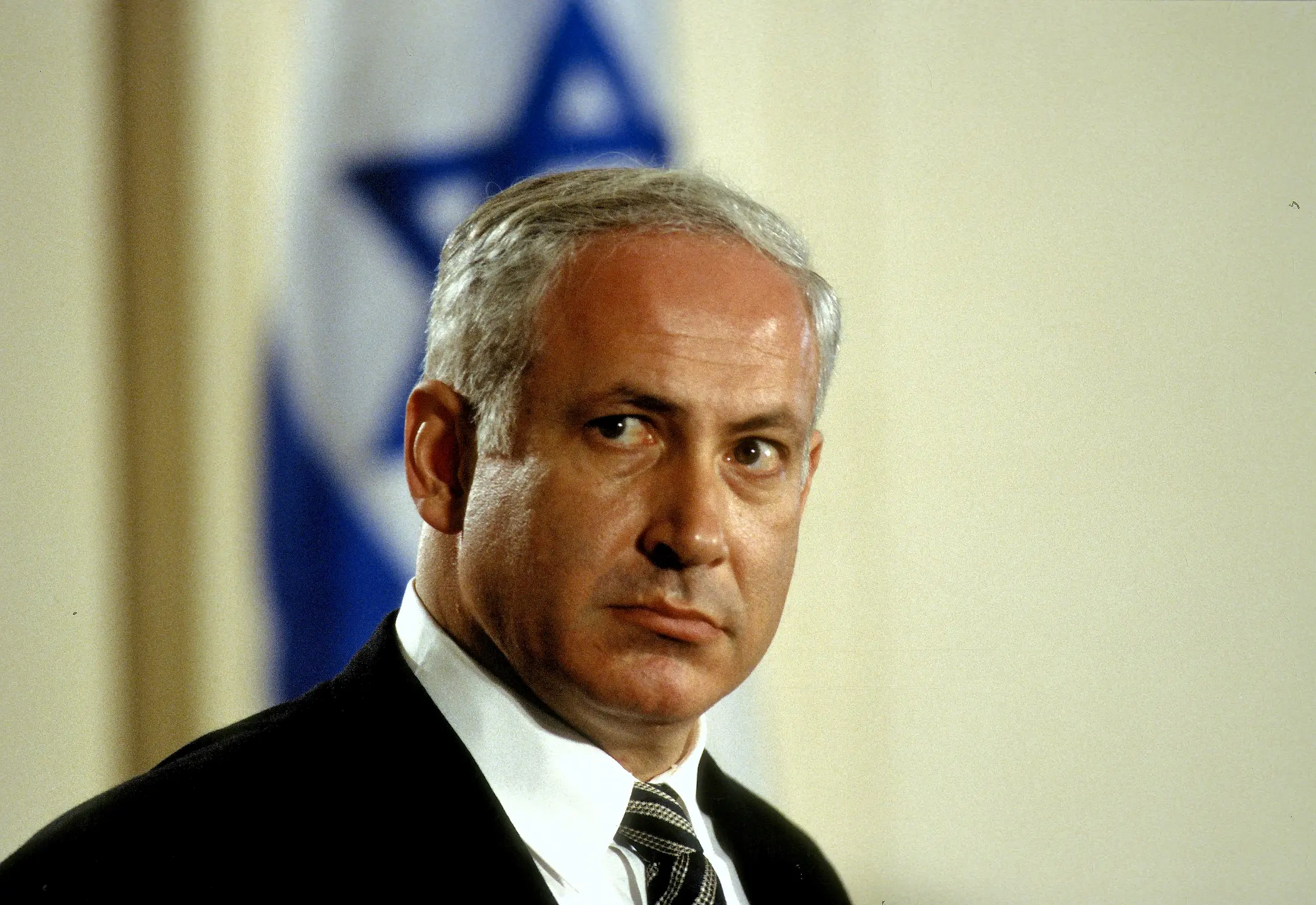
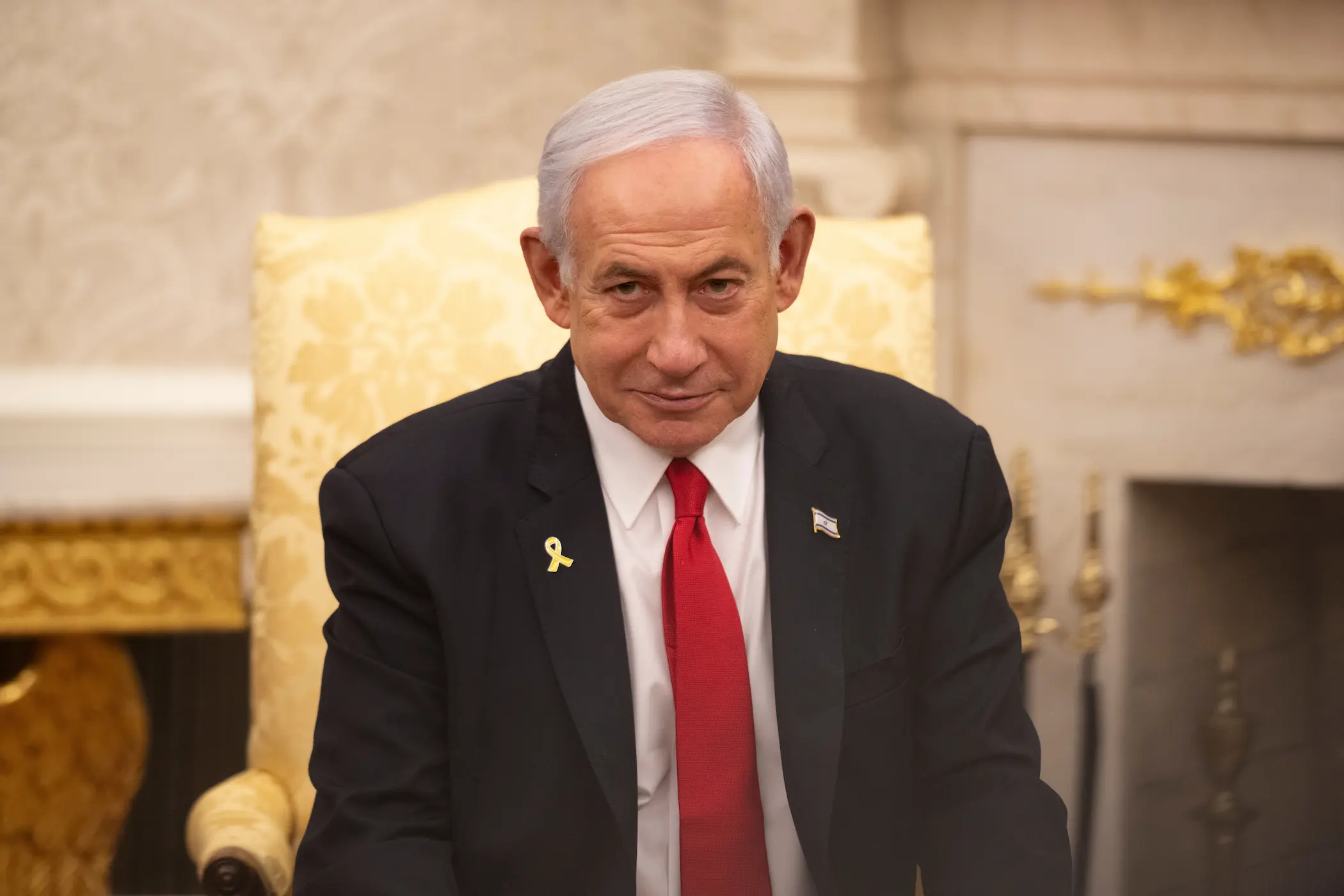
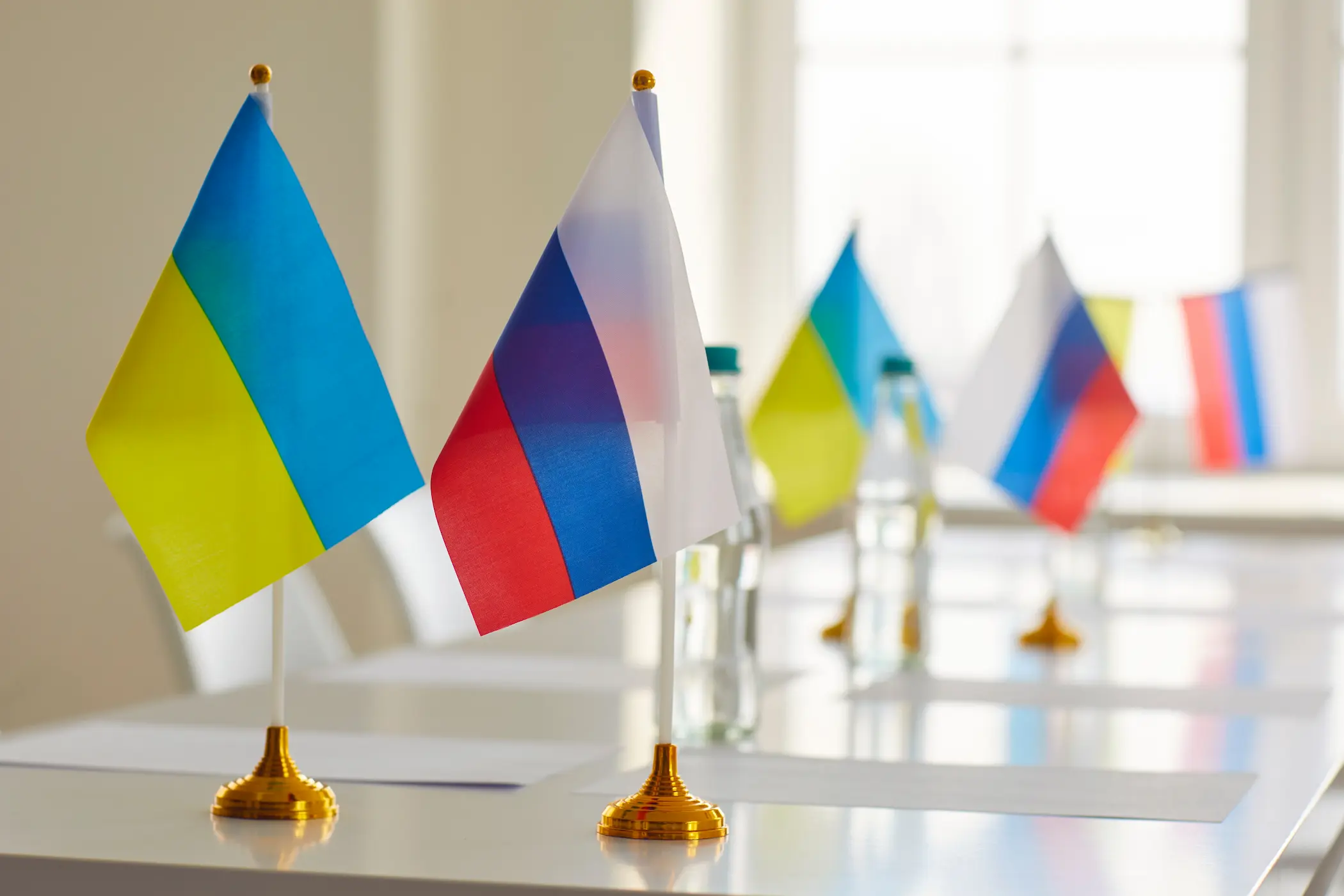

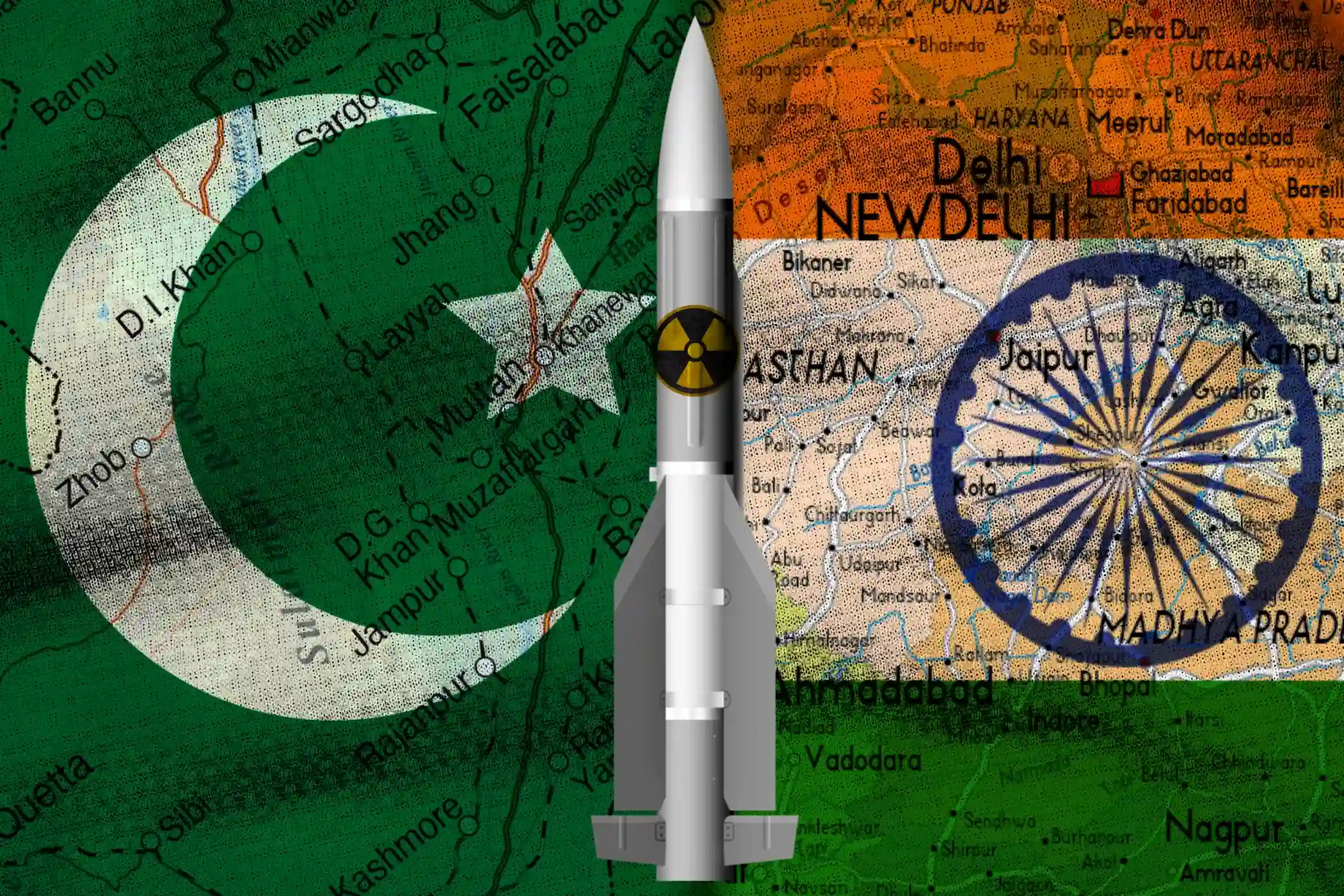




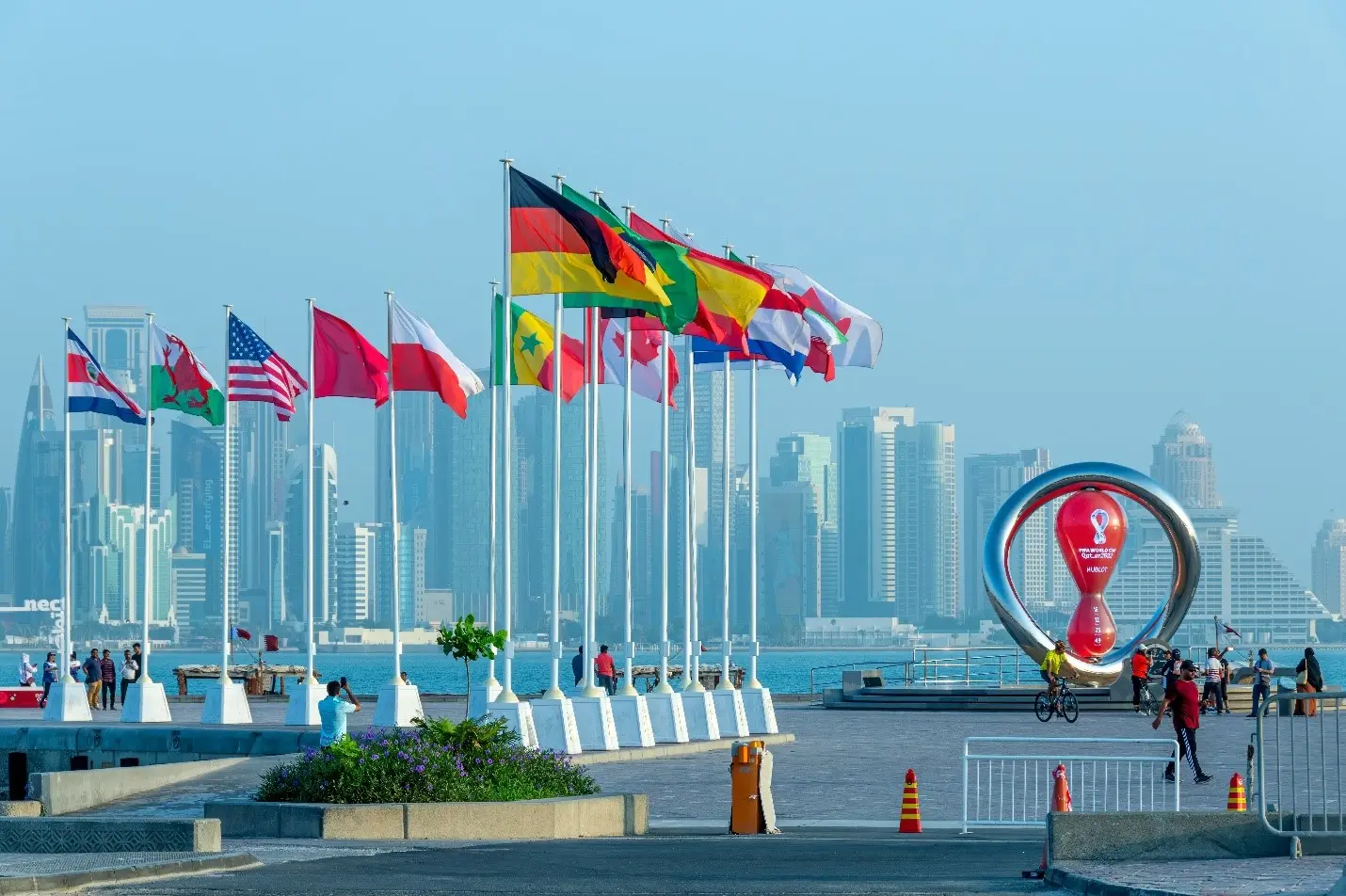
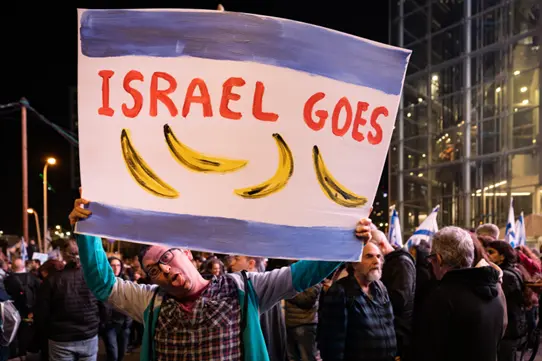
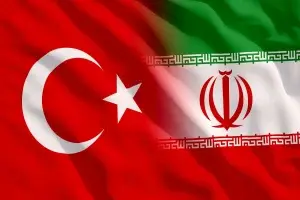

Comments